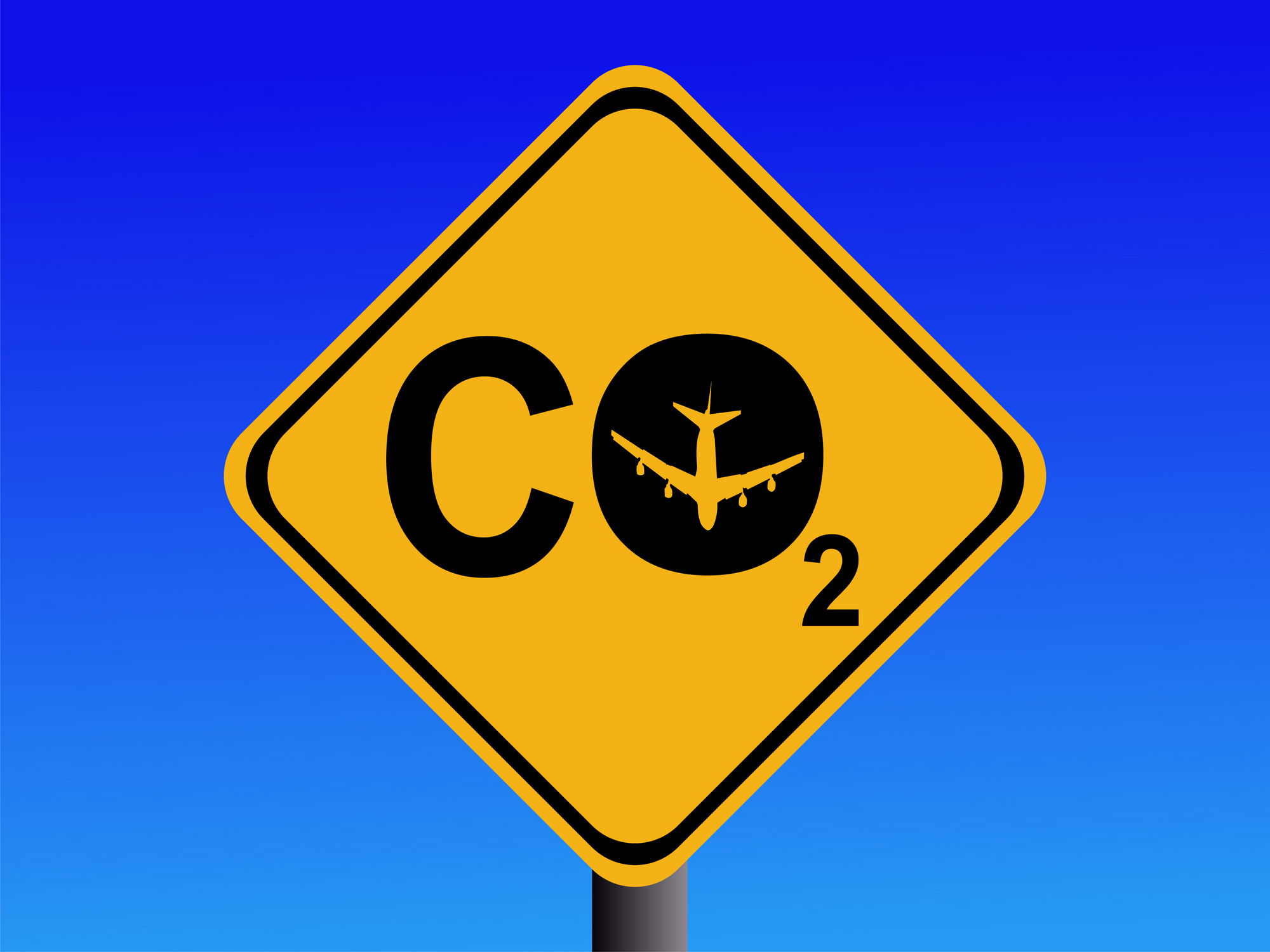On Wednesday (September 13, 2023), The European Parliament approved a new law to increase the uptake of sustainable fuels, such as advanced biofuels or hydrogen, in the aviation sector.
The RefuelEU aviation rules are part of the “Fit for 55 package”, the EU’s plan to reduce greenhouse gas emissions by at least 55% by 2030 compared to 1990 levels and to ensure the EU becomes climate neutral by 2050. They seek to encourage the aviation sector to use sustainable aviation fuels in order to cut emissions.
MEPs secured an ambitious timeline on the provision of the jet fuel mix, obliging EU airports and fuel suppliers to ensure that, starting from 2025, at least 2% of aviation fuels will be green, with this share increasing every five years: 6% in 2030, 20% in 2035, 34% in 2040, 42% in 2045 and 70% in 2050. In addition, a specific proportion of the fuel mix (1.2% in 2030, 2% in 2032, 5% in 2035 and progressively reaching 35% in 2050) must comprise synthetic fuels like e-kerosene.
According to the new rules, the term ‘sustainable aviation fuels’ will include synthetic fuels, certain biofuels produced from agricultural or forestry residues, algae, bio-waste, used cooking oil or certain animal fats. Recycled jet fuels produced from waste gases and waste plastic are also considered ‘green’.
MEPs ensured that feed and food crop-based fuels and fuels derived from palm and soy materials will not be classified as green as they do not meet the sustainability criteria. They also managed to include renewable hydrogen as part of a sustainable fuel mix, a promising technology that could progressively contribute to the decarbonisation of air transport.
To promote decarbonising in the aviation sector and to better inform the public, MEPs ensured that, as of 2025, there will be an EU label for the environmental performance of flights. Airlines will be able to market their flights with a label indicating the expected carbon footprint per passenger and the expected CO2 efficiency per kilometre. It will allow passengers to compare the environmental performance of flights operated by different companies on the same route.
Parliament’s rapporteur José Ramón Bauzá Díaz (Renew, ES) said: “This is a tremendous step towards the decarbonisation of aviation. It is now time for EU governments to implement the new rules and support the industry to ensure the cost-effective deployment of Sustainable Aviation Fuels across Europe as well as meeting EU targets. There is no time to lose. In a complex and competitive world, I fully believe that ReFuelEU is a great opportunity to position the European Union as a global leader in the production and use of SAF.ʺ
The new rules on sustainable aviation fuels were adopted by 518 votes in favour, 97 votes against and eight abstentions. Once Council has approved them, new rules will apply as of 1 January 2024 and some provisions as of 1 January 2025.
Wizz Air issues a statement in support of the ReFuelEU Aviation Regulation. “As Europe’s leading airline in terms of emissions intensity reduction, Wizz Air has supported the ReFuelEU Aviation Regulation proposal since its inception,” said Yvonne Moynihan, Corporate and ESG Officer at Wizz Air. “The European Union is the standard setter in global climate policy and the ReFuel EU legislation establishes minimum shares of SAF to be blended with conventional aviation fuel which are binding. The adoption of these mandates will boost the supply of SAF which is critical to improve the availability and cost of SAF. Wizz Air has started preparing for the upcoming EU mandates by partnering with SAF producers and making our first equity investments in SAF research and development. We see industry collaboration on the development of alternative fuels as one of the most impactful ways to address the current climate challenge and we remain committed to reduce our carbon intensity by 25% by 2030. It is critical for national governments to now consider incentives to enable the ramp up in production.”
Wizz Air says that it has established its SAF strategy, which includes securing offtake agreements with suppliers for the future. Wizz Air has already signed agreements with Mabanaft/P2X Europe, OMV, Neste and Cepsa. In 2023 Wizz Air also made its first £5 million equity investment in a British biofuel company, Firefly, and participated in $50 million investment in CleanJoule, a US-based biofuel start-up, to further drive SAF research and development.
In the fiscal year 2023, Wizz Air achieved the carbon emissions intensity of 53.8 grams per passenger/km, a decrease by 11% compared to the previous fiscal year performance. Wizz Air stated that this was its lowest ever recorded result for one fiscal year and the lowest performance among major competitor airlines.
